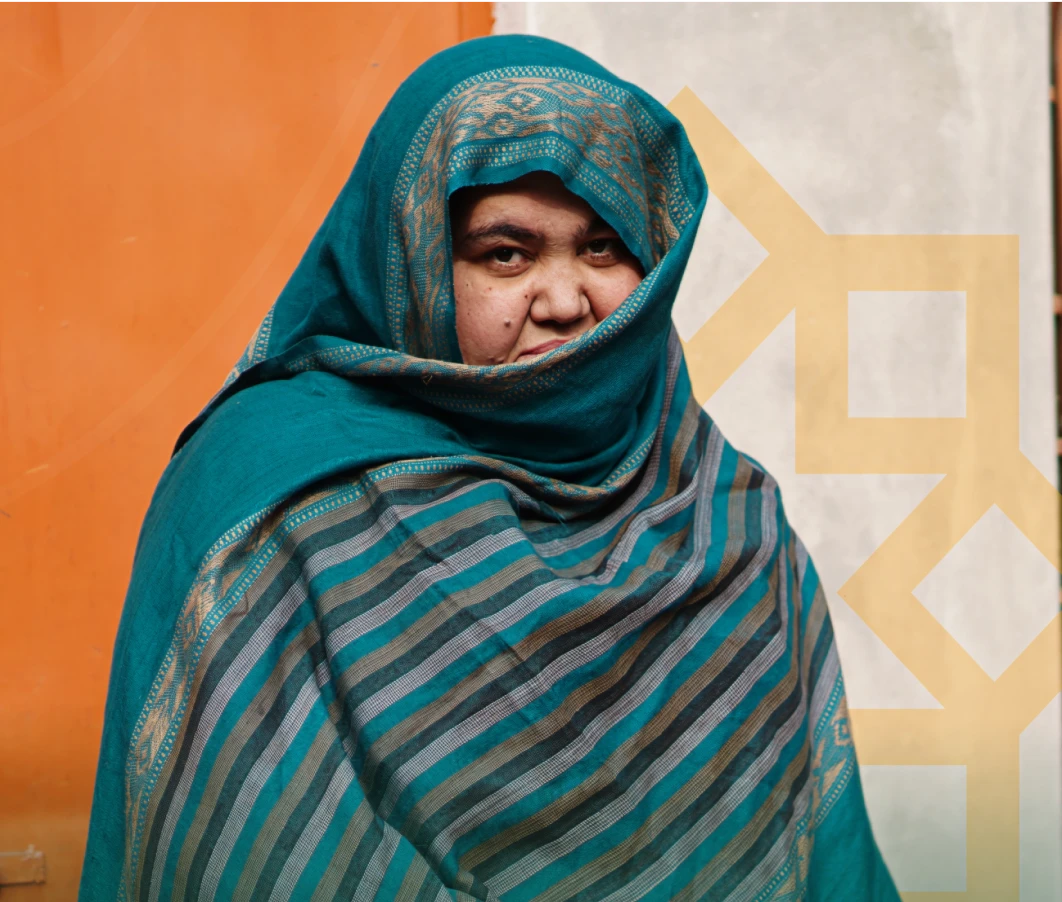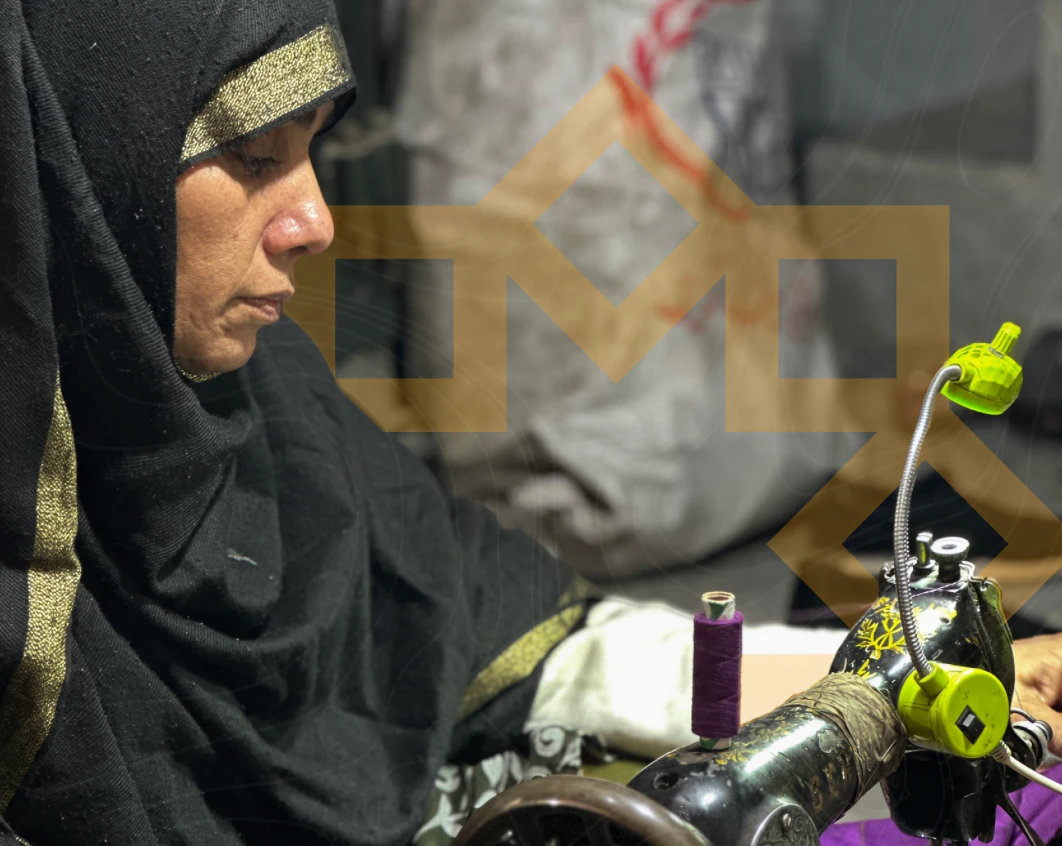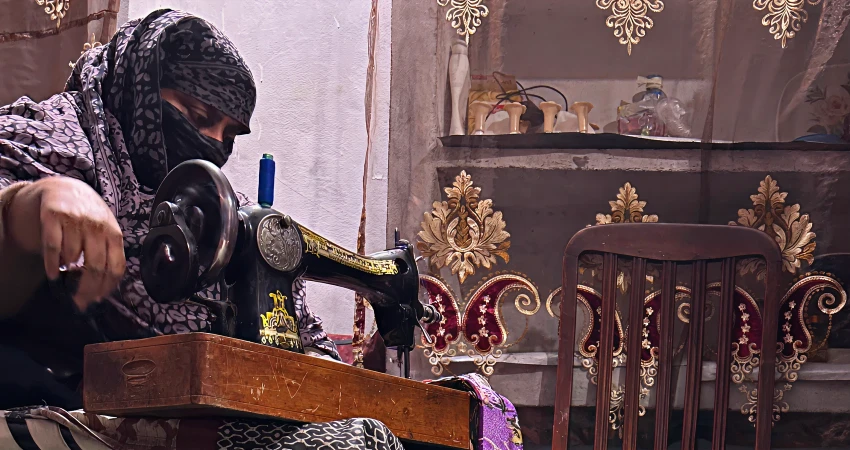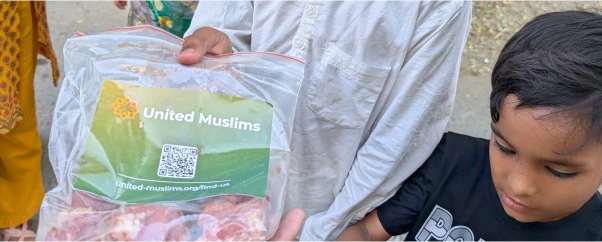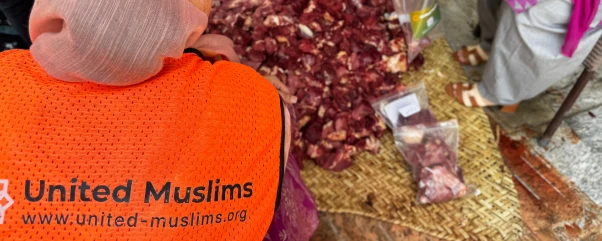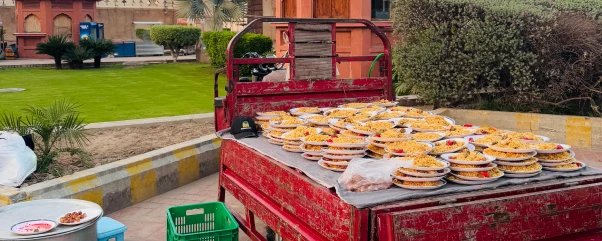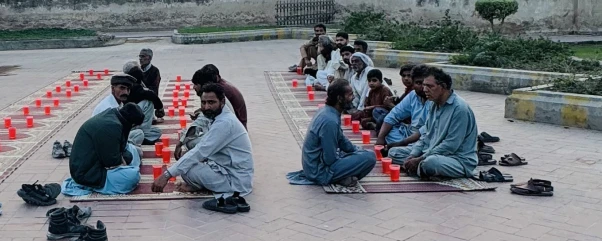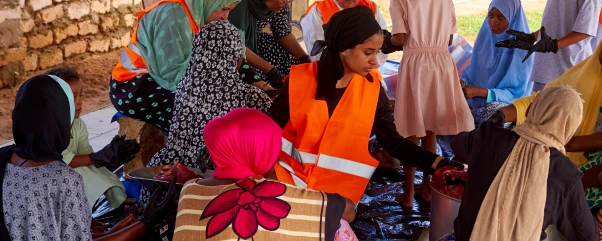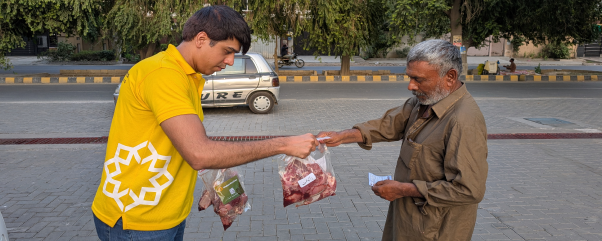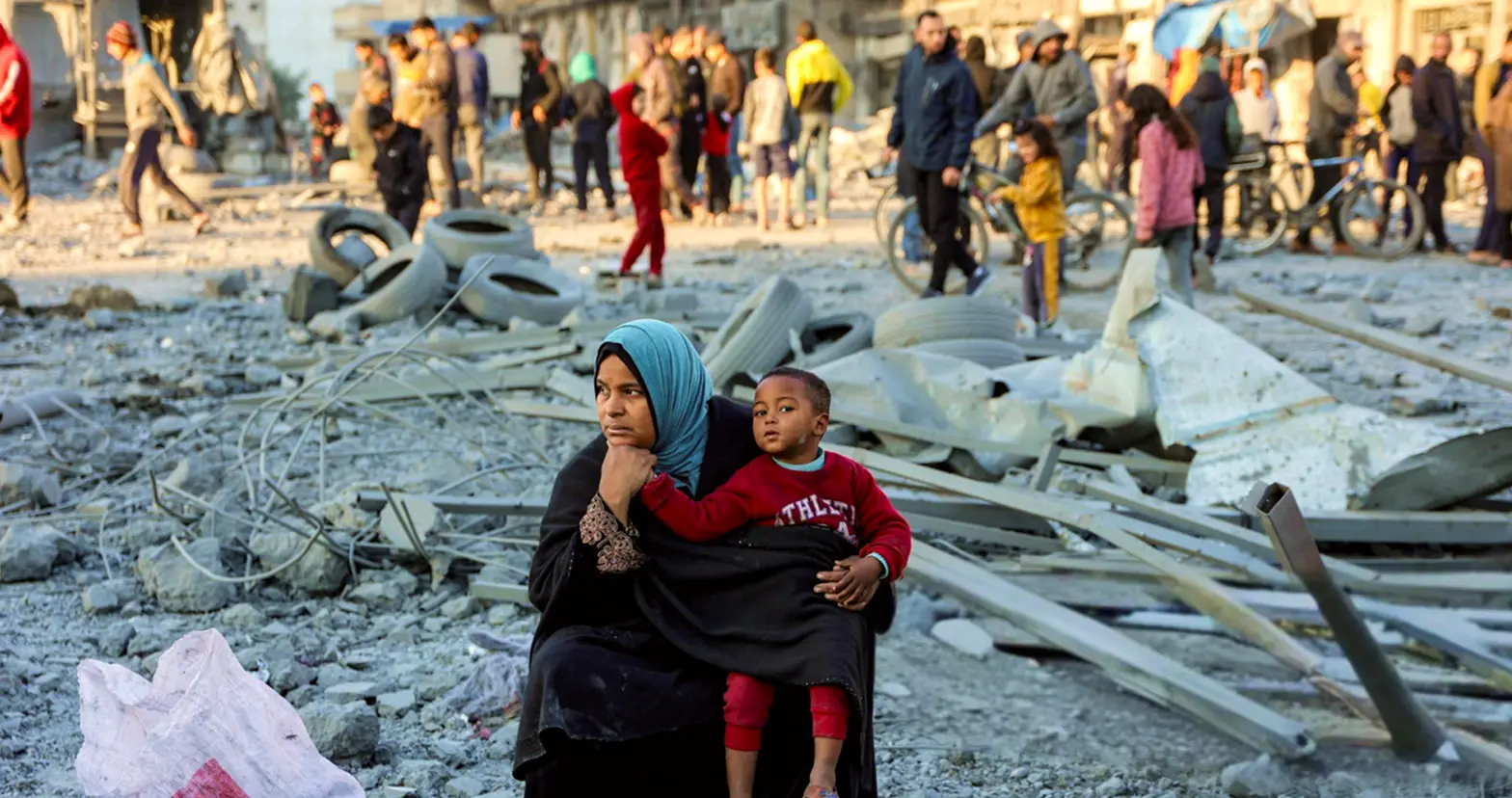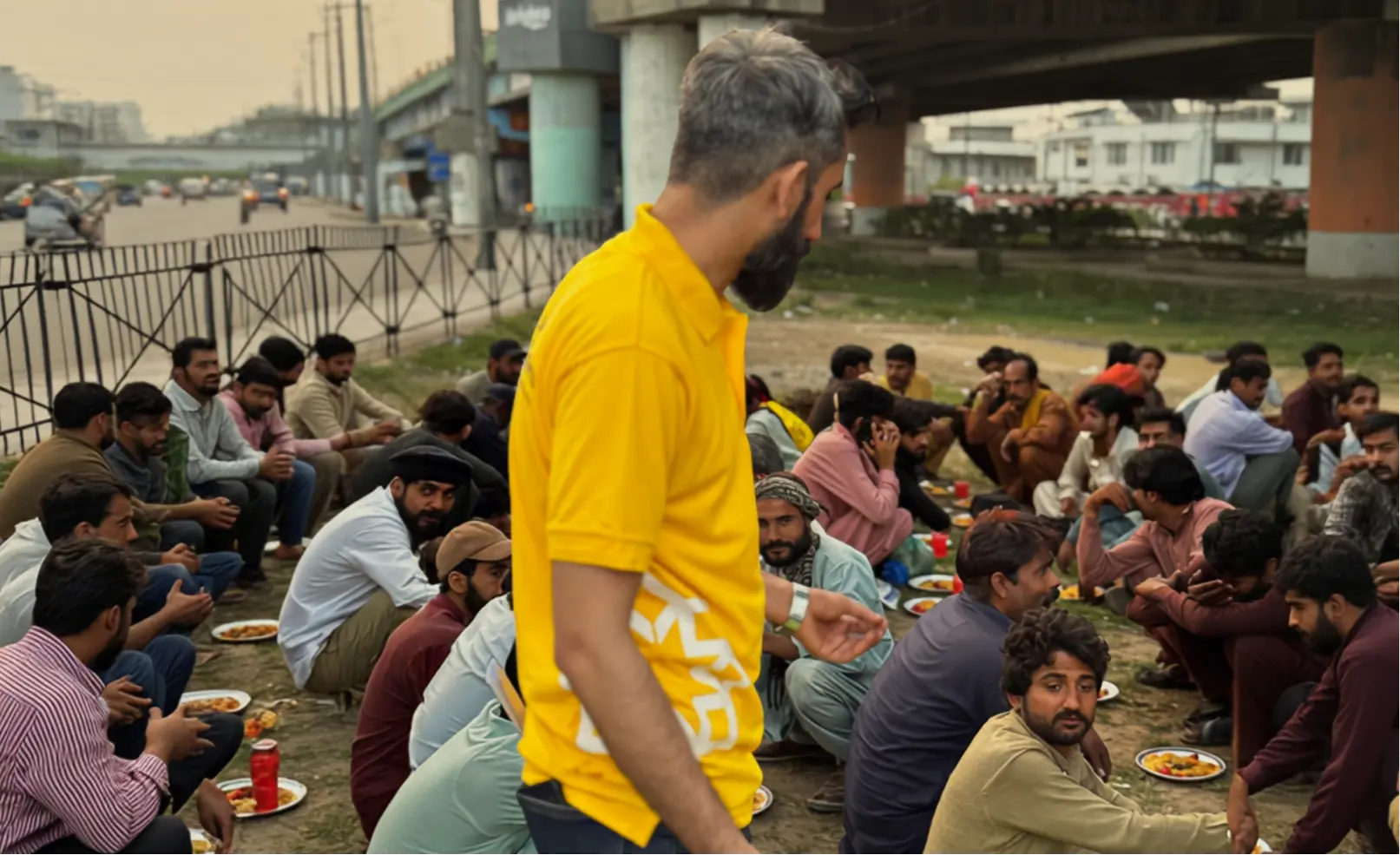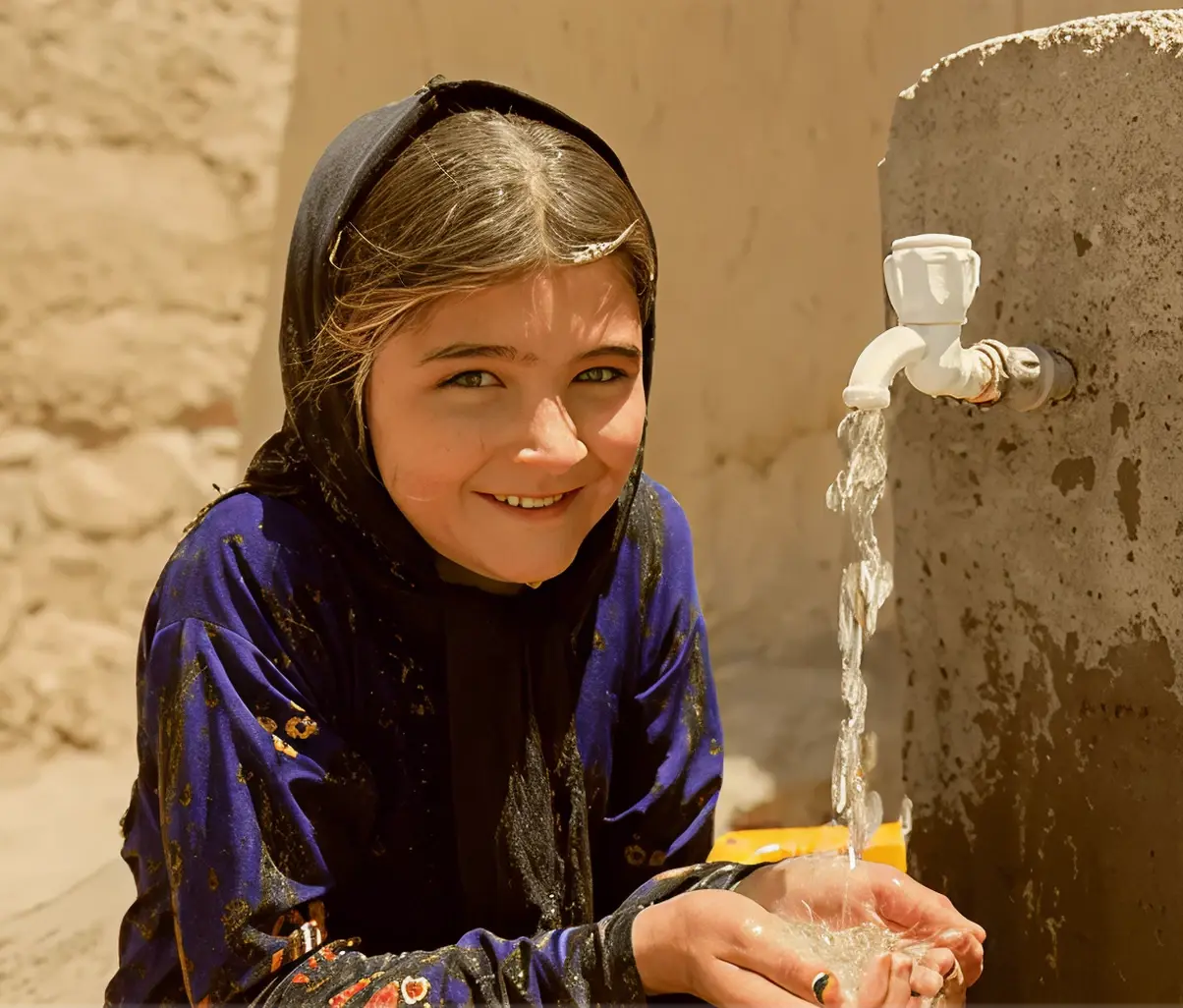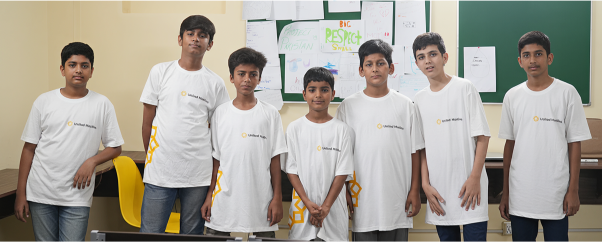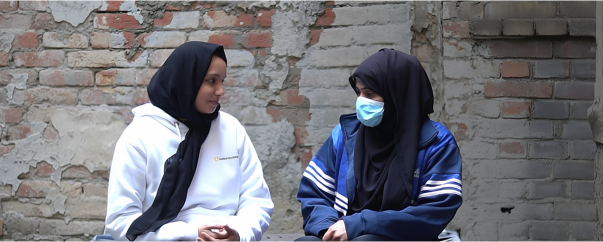- Appeals
Urgent aid for Gaza.
Urgent aid for families in crisis.
Give hope to children.
Safe water for all.
Unlock futures through learning.
Tech support for Muslim causes.
A lifeline of support.
Support local communities.
Gaza Needs Our Help Now
- Religious Dues
Purify wealth and help others.
Give for ongoing blessings.
Dispose of unlawful earnings.
Give freely for Allah’s.
Celebrate birth with gratitude.
Compensate missed fasts.
Compensate missed obligations.
Share the gift of sacrifice.
Month of fasting and giving.
United Muslims' 100% donation policy
- Resources
Work out your giving.
Stay connected in prayer.
Plan your blessed month.
Plan your blessed month.
Learn and be inspired.
- Take Action
Give with ease.
Give time, make impact.
Support appeals your way.
- About us
What guides our mission.
Every penny to those in need.
Answers made simple.
Conatct made simple.
- mobile
